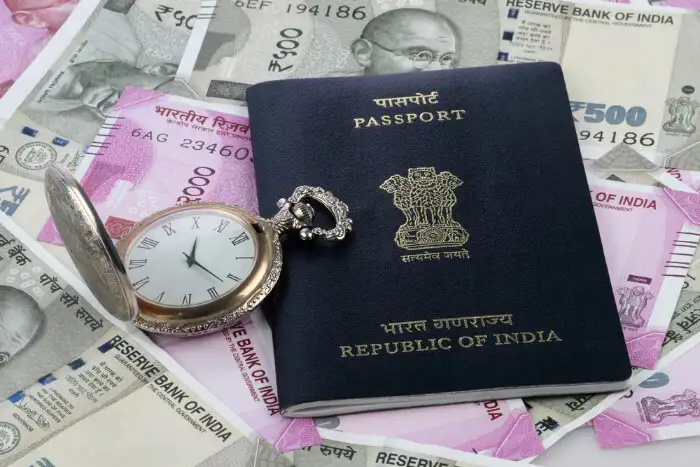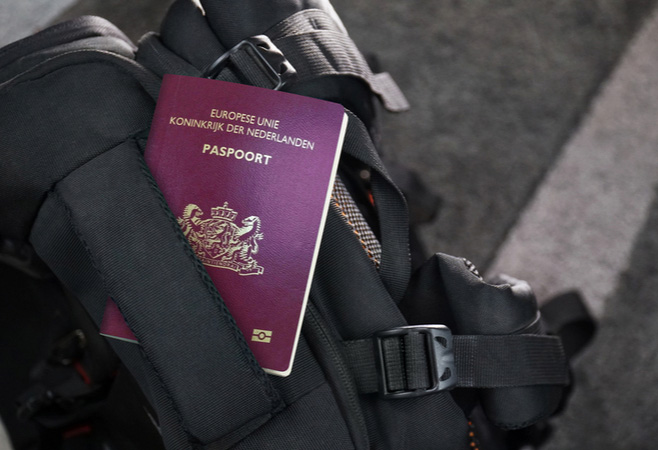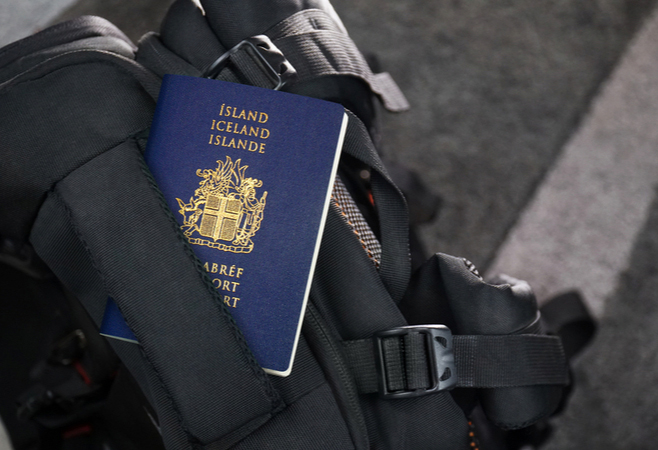Are you a Greek citizen with an insatiable wanderlust for the vibrant and culturally rich nation of India? Look no further! We have compiled the ultimate guide to help you navigate through the maze of visa requirements and pro tips that will make your Indian adventure smooth sailing. Whether you’re planning to explore majestic palaces, indulge in mouthwatering cuisine, or immerse yourself in centuries-old traditions, join us as we unravel everything you need to know before embarking on this unforgettable journey. So grab your passport, pack your bags, and get ready for an exhilarating voyage through India’s enchanting wonderland! Indian Visa for German Citizens
Introduction to India
India is a vast country with a rich and varied history. From the snow-capped Himalayas to the tropical beaches of the south, India has something to offer everyone.
The best time to visit India depends on where you want to go and what you want to see. The north of the country is cooler in winter, while the south is hot all year round. The monsoon season (July-September) brings heavy rains to much of the country, so it’s best to avoid that if you can.
Getting a visa for India is relatively easy for Greek citizens. You can apply for a tourist visa online or at your nearest Indian consulate. The process is usually quick and straightforward, and visas are typically valid for six months.
Once you’re in India, there are a few things to keep in mind. The first is that you should be careful about what you eat and drink. Tap water is not safe to drink, so stick to bottled water. It’s also a good idea to avoid raw fruits and vegetables, as they may not have been washed properly. When it comes to food, stick with cooked dishes that have been well-done.
Another thing to remember is that Indians drive on the left side of the road. This can take some getting used to if you’re not used to it, but it’s not too difficult once you get the hang of it. Be prepared for some haggling when shopping in markets –
Overview of Indian Visa Rules for Greek Citizens
Greece is a member of the European Union, and as such, its citizens are able to travel to India without a visa for stays of up to 90 days. However, there are some important things to keep in mind when travelling to India as a Greek citizen. Here is an overview of the visa rules for Greek citizens travelling to India:
– Citizens of Greece need to have a valid passport in order to enter India. – Visitors from Greece must apply for an e-Visa before travelling to India. The e-Visa is valid for 60 days from the date of arrival in India, and can be obtained from the Indian government’s website. -Greek citizens who wish to stay in India for longer than 60 days will need to apply for a tourist visa at an Indian consulate or embassy prior to their trip. Tourist visas allow for stays of up to 180 days in India. – Business visas are also available for Greek citizens travelling to India on business purposes. These visas allow for stays of up to 1 year, and can be obtained from an Indian consulate or embassy. – Students who wish to study in India may apply for a student visa, which allows for stays of up to 5 years. Student visas can be obtained from an Indian consulate or embassy prior to travel. Indian Visa for Greek Citizens
What documents are needed for the Indian visa application?
In order to apply for a visa to India, Greek citizens need to submit the following documents:
-A valid passport with at least 6 months of remaining validity and at least 2 blank pages
-A completed and signed visa application form
-A recent passport-sized photograph
-Proof of onward/return travel (e.g. flight itinerary, hotel reservation, etc.)
-Proof of sufficient funds to support your stay in India (e.g. bank statement, credit card statement, etc.)
-An invitation letter from a business or organization in India, if applicable
-Other supporting documents as required by the consulate/embassy
Tips for Preparing an Indian Visa Application
When applying for an Indian visa, it is important to be aware of the following tips:
1. Make sure you have all the required documents. These include your passport, two passport-sized photographs, and a completed visa application form.
2. Be sure to fill out the application form correctly and completely. Incomplete applications will not be accepted.
3. Pay the visa fee as specified on the website of the embassy or consulate where you are applying. Fees are typically paid in cash, although some embassies may also accept credit cards.
4. Submit your application in person at the embassy or consulate, or by post if instructed to do so on the website. Do not send your application by courier or private delivery service as it will not be accepted.
5. Once your application has been processed, you will be notified of the decision by email or post. If your visa is approved, you will receive a visa sticker which must be affixed to your passport before travel.
Popular Tourist Attractions in India
India is a vast country with a rich and varied history, culture, and landscape. There are many popular tourist attractions in India that appeal to travelers from all over the world.
The Taj Mahal is one of the most iconic and popular tourist attractions in India. This magnificent mausoleum was built by Mughal Emperor Shah Jahan in memory of his late wife, Mumtaz Mahal. The Taj Mahal is considered one of the most beautiful buildings in the world and is a must-see for anyone visiting India.
Another popular tourist destination in India is the city of Agra, home to the Taj Mahal. Agra is also home to another UNESCO World Heritage Site, the Agra Fort. This massive fort was built by Emperor Akbar in the 16th century and served as his main residence for many years. The Agra Fort is an excellent example of Mughal architecture and is well worth a visit.
Other popular tourist destinations in India include Delhi, Jaipur, Varanasi, and Mumbai. Each of these cities has its own unique history, culture, and sights to see. Delhi is the capital of India and home to many important historical sites such as the Red Fort complex and Jama Masjid mosque. Jaipur is known as the “Pink City” due to its abundance of pink-colored buildings and is home to several impressive Rajasthani palaces and forts. Varanasi is one of
Useful Information for Visiting India
When planning a trip to India, Greek citizens need to take into account a few important visa requirements. Here are some useful tips:
-All visitors to India must have a valid passport. -Visas are required for all foreign nationals, including Greeks, entering India. -The type of visa required depends on the purpose and duration of your stay in India. For example, if you are planning a short-term visit for tourism or business purposes, you will need to apply for a tourist visa or business visa, respectively. -Make sure to apply for the correct type of visa and ensure that it is valid for the entire duration of your stay in India. -If you are staying in India for longer than 60 days, you will need to register with the Foreigners Regional Registration Office (FRRO) within 14 days of arrival.
-For stays of 180 days or more, registration with the FRRO is mandatory. -Visitors must also comply with other entry requirements, such as having sufficient funds to support their stay in India and having a return ticket or onward journey ticket out of India. -When travelling to India, it is also advisable to have comprehensive travel insurance that covers medical evacuation and repatriation in case of emergency.
Conclusion
Exploring India is an exciting and rewarding experience for Greek citizens. However, it is important to make sure you are aware of the visa requirements and other tips before traveling in order to make the most out of your trip. We hope this article has informed you about what documents you need in order to enter India, as well as some helpful advice on how to navigate your way around while visiting this beautiful country. Bon voyage!



